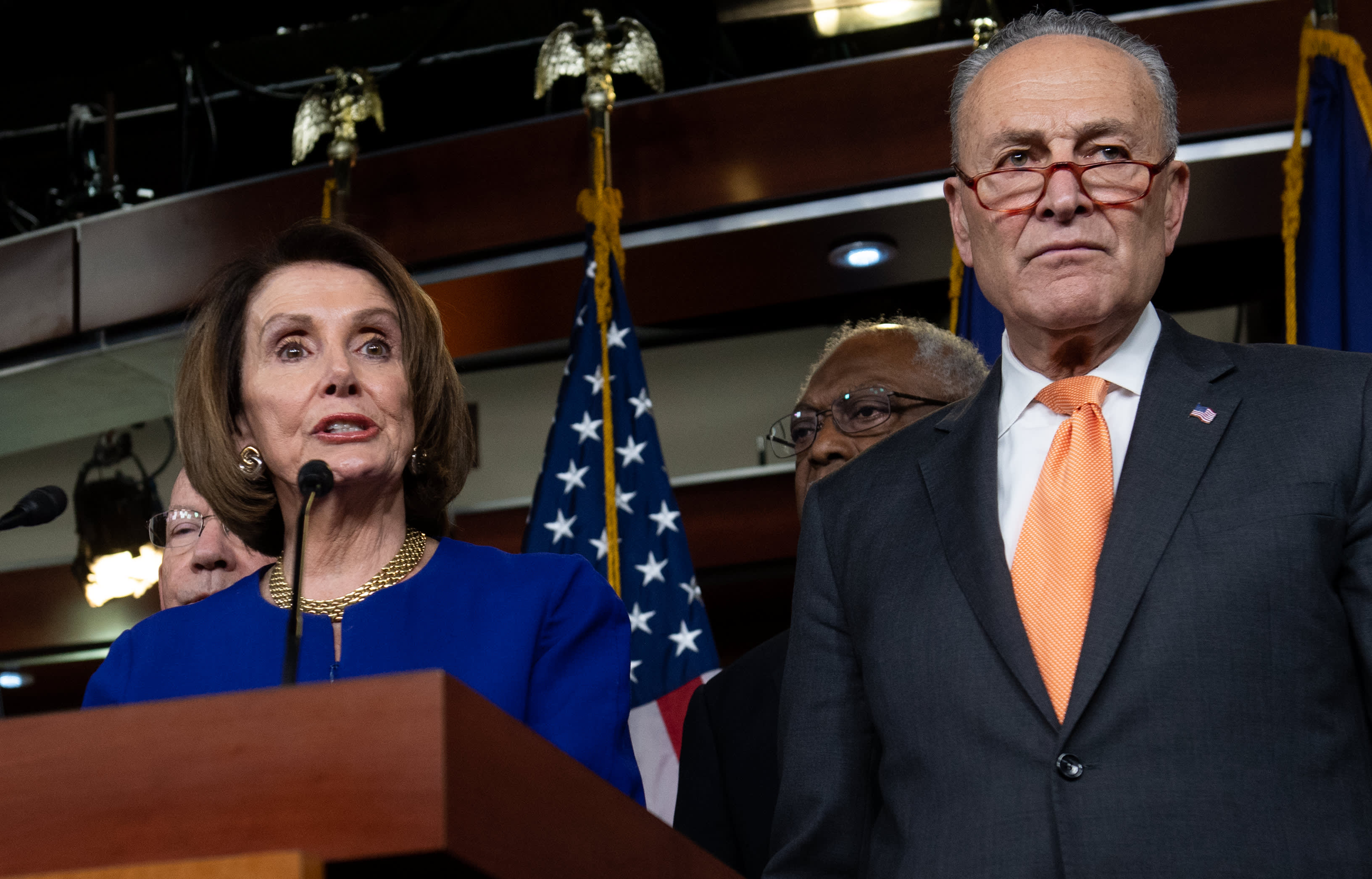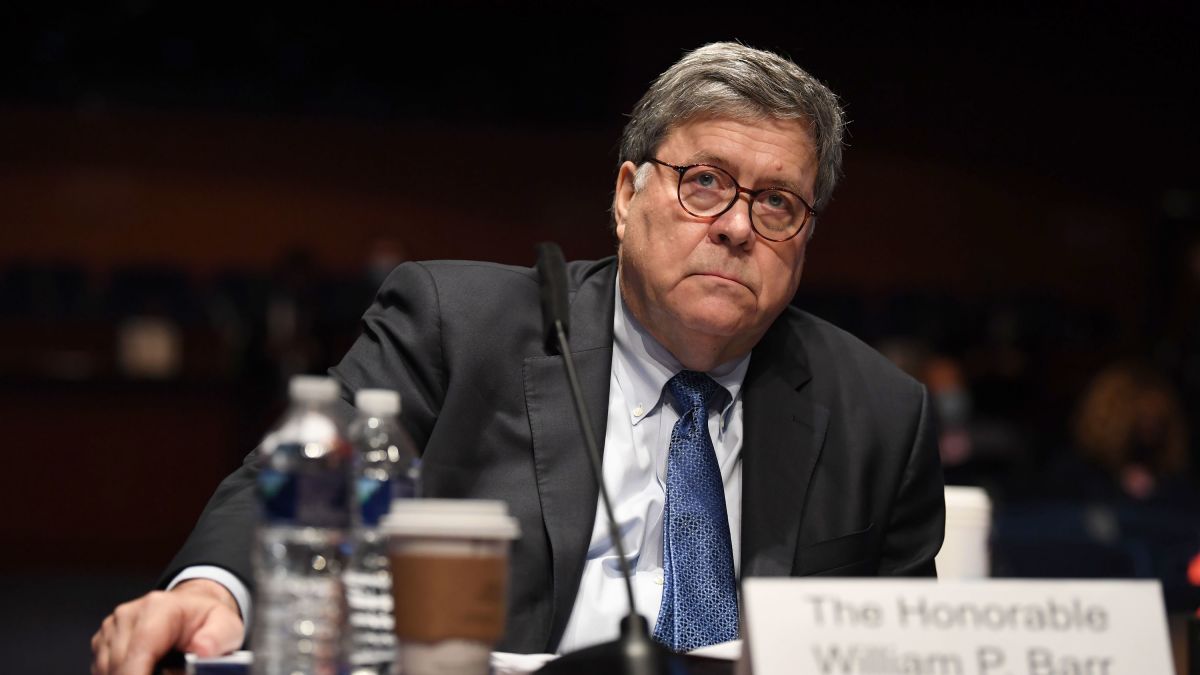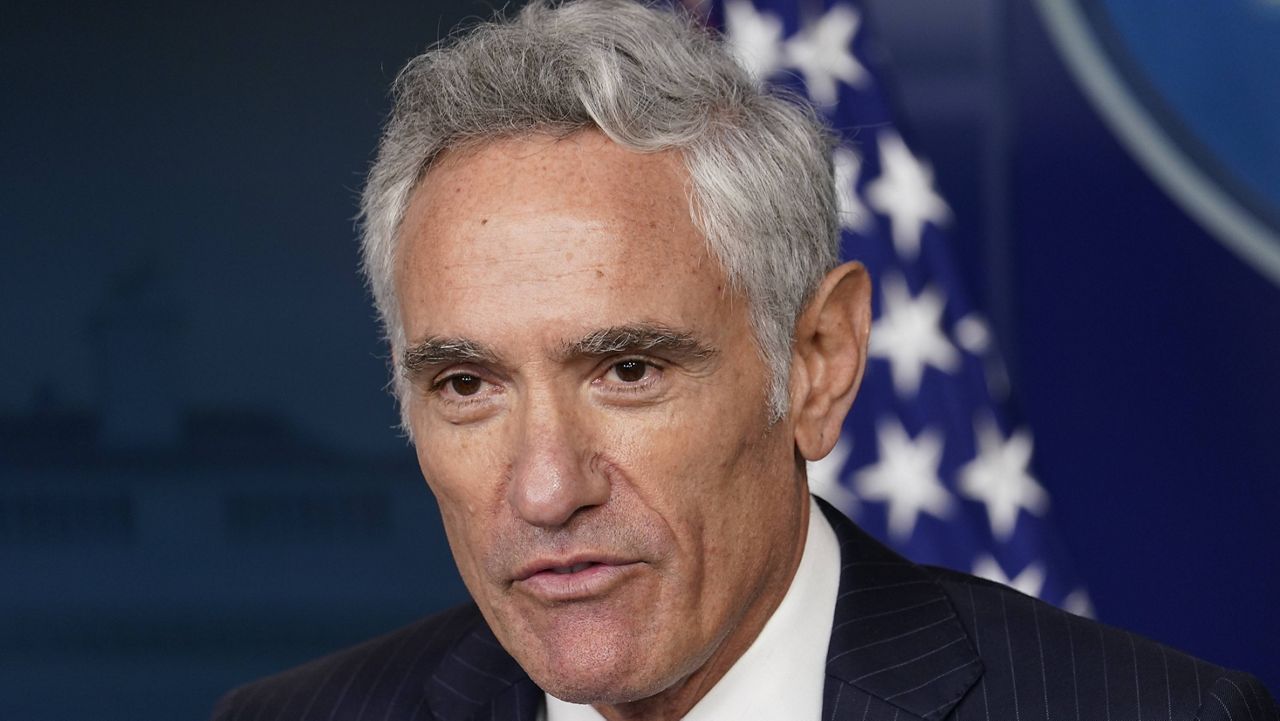Dear Commons Community,
Katina Rogers, a colleague here at the CUNY Graduate Center, has an opinion piece in The Chronicle of Higher Education this morning, recommending ten useful steps to reform graduate education in the humanities. Below is the entire article, it says it all!
Tony
10 Steps to Reform Graduate Education in the Humanities
Desperate times call for big changes. Here’s what professors and administrators should do to fix a broken graduate system.
By Katina L. Rogers
December 2, 2020
Covid-19 and its effects on higher education make this a particularly difficult moment for doctoral students in the humanities, where the job market has gone from bad to worse. Certainly they need faculty help as they look for career pathways in academe, as well as outside of it. But individual support is not enough. This is also a moment of reckoning for graduate programs — a moment when change is both possible and desperately needed.
My book, Putting the Humanities Ph.D. to Work: Thriving in and Beyond the Classroom, published in August by Duke University Press, is aimed at helping doctoral students explore their options. Here is my wish list of 10 major reforms that could improve the career outlook of the Ph.D.s whom universities produce. In some of the following suggestions, I also offer specific advice to graduate students.
The pandemic is showing that publicly relevant research and teaching are key to our humanity. Whether you are a student, a faculty member, or an administrator, these suggestions offer ideas to help move toward more sustaining, creative, joyful practices in graduate education and beyond.
Make space in graduate training for career exploration. Graduate school can be all-encompassing. Despite that reality (or, perhaps, because of it), it is also deeply valuable for graduate students to stay connected to skills, interests, and activities that are not necessarily part of traditional academic work.
- Graduate students: Think about the things that energize you, that you’re willing to make time for, that help you feel grounded — those can be useful indicators of what may one day become a fulfilling career path. Making space for priorities outside the university can bring greater perspective to your scholarly work.
Faculty members and administrators, you can make space for this kind of career reflection by encouraging students to lead balanced lives. One way to do that is by asking questions — from the earliest stages of graduate school — making clear that it is a good and normal thing to have commitments outside of the department. Ask open-ended questions and help students to see possible connections between their emerging scholarly interests and the things that motivate them in other ways.
For instance, you can ask about how a student’s research topic might be of use to a particular community group, or whether a student is involved in a relevant nonprofit agency. While talking about personal information can be delicate, sharing a bit about your own outside commitments can also be valuable. It can help students imagine their own futures if they know that the professors they admire have lives outside the university as well.
Expand the notion of what constitutes meaningful scholarship, and how to evaluate it. Peer-reviewed journal articles and scholarly monographs are not the only way to share research — far from it. Graduate students and faculty members have many opportunities to push the boundaries of meaningfully sharing research (though the career risk in doing so varies widely).
- Graduate students: It’s important to find faculty advisers who will support you if your dissertation falls outside your department’s usual parameters, and to be ready to point to examples of similar projects. Be flexible with your approach; systems and requirements do not change overnight, and some measure of compromise might help you to avoid getting stuck.
Professors in a position to do so should help pave the way for junior scholars to work creatively. Lobby for the acceptance of nontraditional dissertations that allow students to assemble and present their research in a way that makes sense for their goals, and for the nature of their particular project. Train other faculty members in how to evaluate innovative work by drawing on tools developed by scholarly societies like the Modern Language Association. Support tenure cases for scholars who take risks, engage with different audiences, and connect with varied communities.
Finding way to formally value public-oriented work and reintegrate that work into scholarly conversations is essential — both to reward scholars’ work and to signal that creative applications of research are meaningful.
Build partnerships outside the university. Which organizations and industries are important to the region where your institution is located? Find ways to connect with them, formally or informally.
Think about public-oriented project ideas that align with your own or your students’ research interests and would also benefit a local organization. Rather than simply making that organization an object of study, invite its staff members to join you as collaborators and co-creators. From single projects, work toward longer partnerships that are mutually beneficial. Over time, these connections could evolve to offer internships, resource networks, and new ways of understanding the public impact of scholarly work.
Find small ways to incorporate professional development from the earliest days of the graduate-school trajectory. For many graduate students, professional development (skill-building workshops, job-search support, networking opportunities) often comes too late, when expectations for a career trajectory are already set and anxieties are high. A better approach is to bring the topic into advising, departmental events, and classrooms from Day 1.
For instance, rather than evaluate students exclusively on their individual scholarly writing, develop collaborative project assignments that allow students to work together in a variety of roles and to communicate research findings to an array of audiences. Advisers might talk about their own work experiences and plans, and help their doctoral students reframe the skills and interests of graduate school for different career contexts.
- Graduate students: If you are not getting the professional-development support you need, ask for it — both individually and collectively with your peers.
Seek outside resources. Sometimes the best resources may take a bit of digging to find, so students and faculty members alike should apply their research skills in looking for support. Faculty advisers should be more intentional about getting to know their institution’s career center, especially if it includes counselors who focus on graduate students. Explore online resources and tool kits from professional organizations. Investigate early, so that you have ideas and resources at hand when you or your students need them.
- Graduate students: Listen in on Twitter and in other informal online spaces. If you think you may need (or want) to develop a specific skill — like web design or a programming language — consider waiting to do a workshop or online tutorials until you have a project under way, so that you have something concrete to work on as you learn. If possible, attend workshops and conferences in an area outside your usual field, to build skills and develop a network. Sometimes different departments share different resources, so you might also consider organizing an interdisciplinary professional-development meet-up with other graduate students at your institution to share suggestions or frustrations.
Tune your program’s curriculum to make the most of required courses. If your graduate program has required introductory or research methods courses, take a close look at the skills, values, and paradigms that it introduces to new students. Consider reshaping such courses to offer students opportunities to think about their programs of study translate to other professions besides the professoriate. How might core research methods be applied in other contexts outside of academe, for instance?
Without sacrificing rigor or content, embedding the course in a broader context that reaches beyond the discipline and even beyond academe can lead to deeper connections. The course can be more powerful if it adds a public-facing or collaborative project component, as students will begin to learn the power of working together toward a common goal that has a clear potential impact.
Recognize the importance of good models. Universities value innovative work, but they also stand on precedent and tradition. To support scholarship that appears risky or unusual, students and administrators alike need to be able to point to others who have done similar work or pursued a similar path. Each graduate student who is hired into a high-level position or a job with a great potential trajectory is one more person who can be a voice for the importance of higher education.
But for that to be true, those career pathways must be visible and celebrated.
To establish strong models within a department, reach out to alumni and feature their achievements and career paths on the department website. Invite speakers who represent a wider range of expertise and possible futures to help students gain ideas and build their networks. Build collaborations with like-minded programs at other institutions. Staying connected with and highlighting the work of former students is one of the simplest and least resource-intensive things that a graduate program can do.
Work toward reform in multiple areas at once. A thoughtful and comprehensive approach to reforming graduate education and equipping students for a wider range of professional paths requires consideration of questions related to the changing landscape of higher education. Issues such as academic-labor practices, public investment in higher education, changes and opportunities in scholarly communication and digital pedagogy, and broad social-justice issues such as racism and gender bias all affect the training that graduate students receive and the career paths they pursue.
Professors in every graduate program should strive to maintain awareness of the broad landscape of higher education and how issues in one area affect all other elements. All of these areas matter, but our energies are finite. So choose one thing that you care about — where you feel you can make a difference — and start there. It is almost certainly connected to the broader aim of creating a healthy and sustainable educational system that is both rigorous and inclusive.
Work against racism, sexism, and other forms of bias. White scholars, especially, must learn to notice and work against systemic racism and sexism in their institutions and in academe. Graduate students are under intense stress, which can damage their physical and mental health, not to mention their academic performance. This is even truer for students whose identities are historically underrepresented in the academy — women and nonbinary people of all races and ethnicities, people of color of all genders, first-generation college students, and LGBTQ+ people, among others. Advisers can be a first line of support, helping students to thrive, reach their goals, and pursue career pathways of their choosing.
Critically examining problematic tendencies within a graduate program is an important initial step to develop a more fully inclusive institution that welcomes diverse backgrounds, varied perspectives, and new forms of knowledge. Systemic racism and widespread bias make it more difficult for people from marginalized groups to thrive, so faculty members, students, and the public are generally learning from those in dominant cultural positions. To educate students in the fullest sense of the term, universities must become places where people from all backgrounds can question, challenge, explore, and articulate new views without fear of retribution.
Be a voice for change in your department, on your campus — up to whatever is the biggest platform you can obtain. Higher education needs your support, so join others in working toward meaningful reform. Try putting your research and writing skills to use in new ways that allow you to go beyond your subfield to articulate the value of your work — and that of your colleagues — in a broader context.
What has your education enabled you to do, and what difference does your research make in the world? Write op-eds that connect to current events or local issues. Go to conferences and give presentations not only on your research, but also on structural issues that you care about. Use opportunities for speaking and writing to lift up the work of those around you. If you have a union, get involved so that you can get a sense of how your goals and concerns fit in with those of the wider campus. Speak up about departmental policies that may be problematic.
However you choose to get involved, and even if change is hard to see, know that your voice matters every step of the way. The time for change is now. Let’s get started.





/cdn.vox-cdn.com/uploads/chorus_image/image/67745567/headshots_1604602299306.0.jpg)



